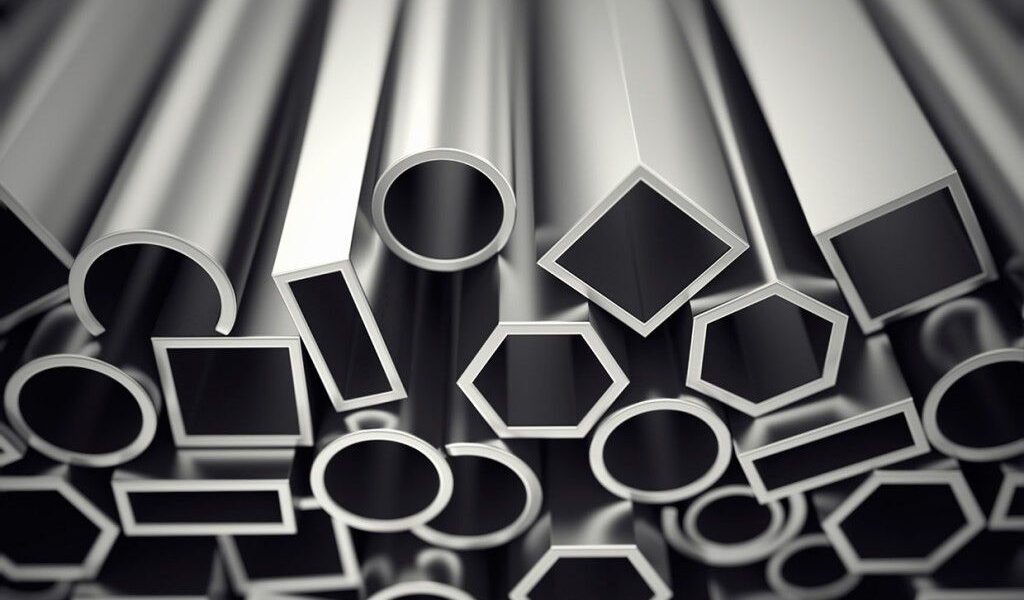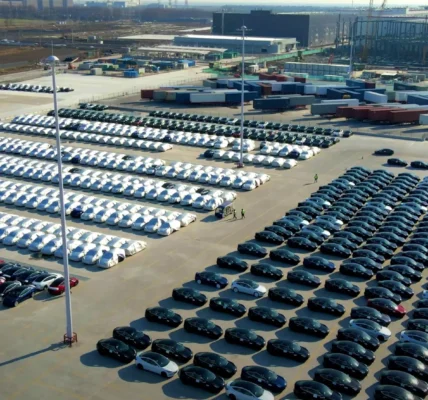China’s monthly aluminium output rose to a record high in July, official data showed on Friday, as the longest rally in domestic prices in more than a decade prompted smelters to restart production and launch new capacity.
The world’s top producer of the metal churned out 3.10 million tonnes of primary aluminium last month, up 3.1% from a year earlier, the National Bureau of Statistics said.
The total was up 2.8% from June and just beat the previous monthly record of 3.051 million tonnes, set in December 2018.
Output works out at about 100,000 tonnes per day in July, roughly equal to the record daily high rate seen in June, which had one less day.
Shanghai aluminium prices rose for a fourth straight month in July, adding 7.9%, and hitting their highest level in more than two years amid a strong recovery in demand in China following the coronavirus outbreak.
Domestic smelters are responding to the rising prices.
About 59,000 tonnes of annual capacity was restarted in China’s southwestern Chongqing last month, according to Zhang Rufeng, a manager at consultancy Baiinfo.
Another 160,000 tonnes of capacity was commissioned in Yunnan province in Southwest China in July, Zhang said, noting additional launches in Sichuan and Shanxi.
More capacity has already started up in August, with Yunnan Shenhuo switching on another 150,000 tonne line.
The last time Shanghai aluminium prices rose for at least four consecutive months was in late 2006. The rally has made overseas aluminium comparatively cheaper, pushing China’s imports of the metal to an 11-year high.
Meanwhile, China’s production of 10 nonferrous metals – including copper, aluminium, lead, zinc and nickel – was 5.08 million tonnes in July.
That was flat on June but up 3.3% from a year earlier, the bureau said. Other nonferrous metals in this group are tin, antimony, mercury, magnesium and titanium.







